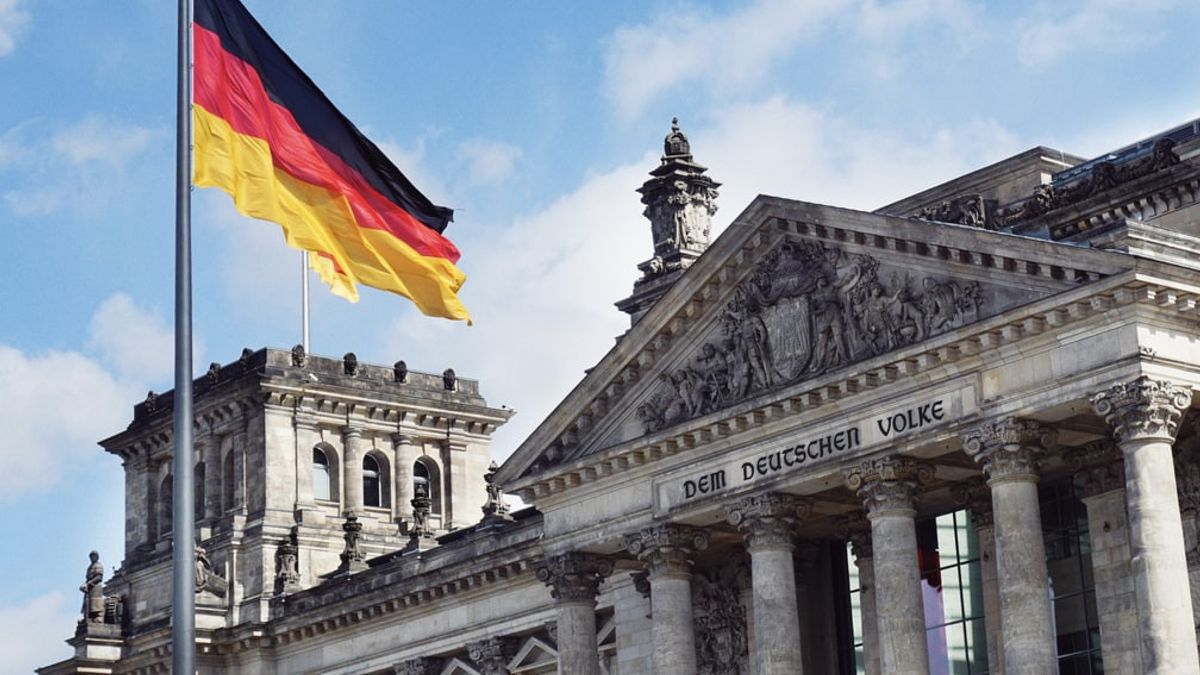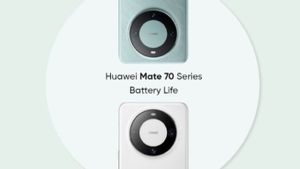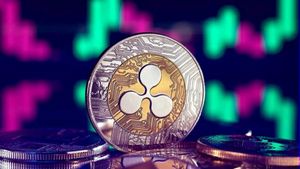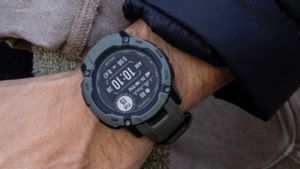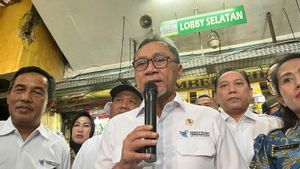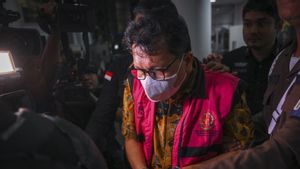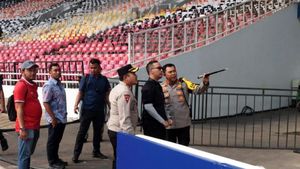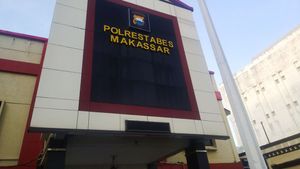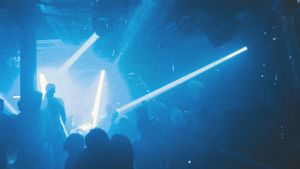JAKARTA - The German government may decide by the end of this year how much state aid US electric vehicle maker Tesla will receive for its planned battery cell factory near Berlin. This statement came from a spokesman for the economy ministry on Sunday, September 5.
The European Union in January approved a plan that includes providing state aid to Tesla, BMW and others to support the production of electric vehicle batteries and helping the bloc reduce imports from industry-leading China.
EU approval of the 2.9 billion euro (Rp 49 trillion) European Battery Innovation project, which includes more than 40 companies. This follows the launch of the European Battery Alliance in 2017 to support the industry during the shift away from fossil fuels.
Tesla plans to invest 5 billion euros (Rp 84 trillion) in its battery cell factory in Gruenheide near Berlin to complement its near-complete electric car factory at the same location.
Tagesspiegel reported on Sunday that the unusually high volume of investment meant that US automakers could rely on Germany's 1.14 billion euros in state subsidies.
This is consistent with a February report by Business Insider, which said Tesla would receive at least 1 billion euros in public funding from Germany to set up a battery cell factory near Berlin.
A spokesman for Germany's economy ministry said there was no final figure yet as talks with the automaker and the European Commission were ongoing, adding that a final decision was likely before the end of the year.
Tesla Chief Executive Elon Musk last month said he hoped the first car at the planned gigafactory at Gruenheide could be built in October or soon after.
Tesla has pushed back its expected gigafactory opening until late 2021, blaming German bureaucratic hurdles. The factory is also facing local resistance due to environmental concerns.
Economy Minister Peter Altmaer said last Thursday that automaker Opel would receive a government grant of 437 million euros (Rp7.4 trillion) for its battery cell factory in Kaiserslautern as part of a wider European initiative to create a domestic battery industry.
The English, Chinese, Japanese, Arabic, and French versions are automatically generated by the AI. So there may still be inaccuracies in translating, please always see Indonesian as our main language. (system supported by DigitalSiber.id)
